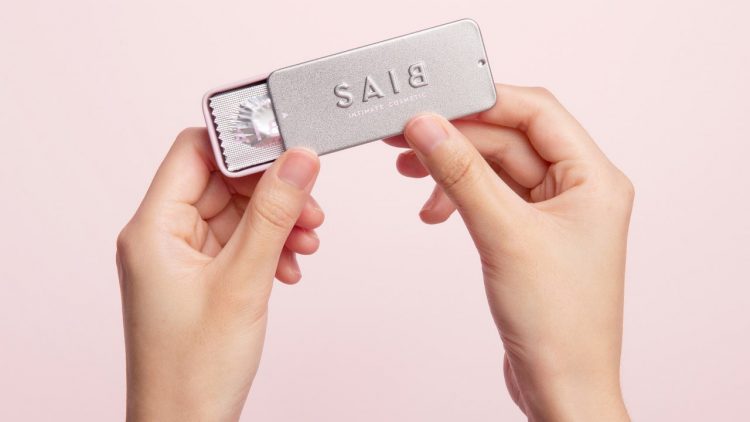Melissa Mauskar, MD, an associate professor of dermatology, as well as obstetrics and gynecology, at UT Southwestern Medical Center, couldn’t agree more. “We are taught that vulvas and vaginas are ‘dirty,'” she tells Allure. “And if we ‘clean it,’ then, we can make the itch and pain go away.”
Vaginas don’t need to be cleaned, though. The doctors I interviewed even bring up a statement you may have heard before: The vagina is a self-cleaning oven. When it’s healthy, it is naturally acidic and has a low pH, which protects it from bacterial and yeast overgrowth, says Jill Krapf, MD, a board-certified OB/GYN who specializes in vulvar pain conditions at The Center for Vulvovaginal Disorders in Washington, D.C.
Needless to say, washing your vaginal area yourself with cleansers and other products can throw off that natural pH and lead to everything you’re trying to avoid by using them: vaginitis, vaginal infections, discharge, and skin irritation. They can even worsen underlying skin conditions and strip away the vagina’s natural moisturizers. Instead of reaching for feminine washes, “People need to talk to their dermatologist or gynecologist if they are having problems,” Dr. Mauskar adds.
Park learned that some K-beauty brands planned to break through the market’s saturation with shame marketing at a dinner party in South Korea in 2017. When she asked what the tactic entailed, a man in attendance explained that it “targets women’s insecurities to create an entirely new territory of the market,” recounts Park. The man proceeded to list off a product that dyes vulvas pink to make them seem younger and more desirable to men as an example. “I thought that was super violent,” Park tells me, “but that still exists anyway.”
Feminine washes were just the beginning. Right now, the market is starting to flood with “inner perfumes,” which are fragrances meant to be added to your underwear to supposedly help your vagina smell better and decrease any itching or discomfort. Ads for them are all over social media, Park says.
When I tell Dr. Mauskar about these perfumes, she immediately says, “Yikes,” before clarifying that fragrances are some of the most common causes of allergic reactions on the vulva. Like feminine washes, inner perfumes can also exacerbate exasperate underlying skin conditions, such as psoriasis, lichen sclerosus, and atopic dermatitis, and make them harder to diagnose. And if you’re truly concerned about vaginal odors, “It is best to check with a gynecologist to rule out bacterial vaginosis or other vaginal infections that may require treatment,” instead of trying to cancel it out with harmful, irritating scents, Dr. Krapf adds.
Focusing on Wellness
Paik also attributes the rise of K-beauty’s sexual wellness sector to Koreans’ obsession with health and wellness. She believes women, in particular, will take any measure that they believe will protect their reproductive functions — whether that means maintaining their pH balance with the feminine washes, lubes, and condoms, or in Rael’s case, using organic period products, to “have a healthy womb and vagina,” she explains.
Source by www.allure.com


